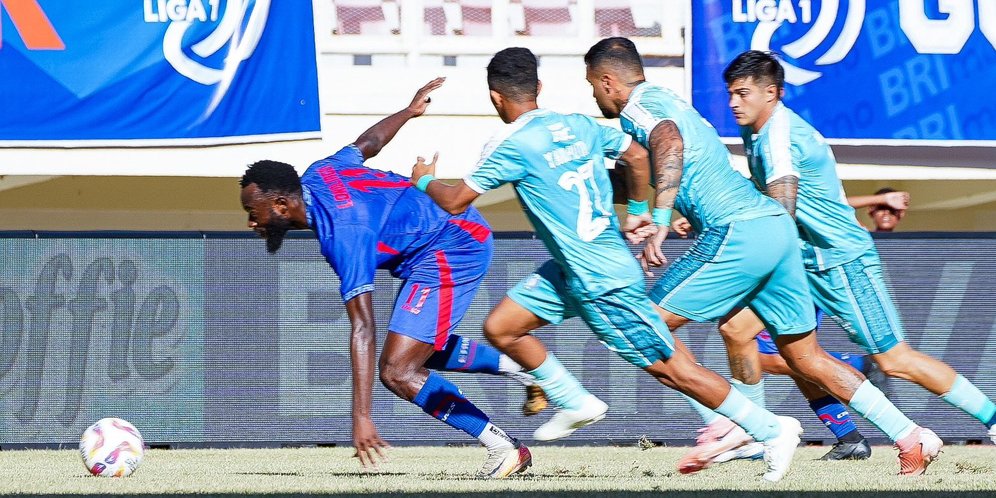Persis Solo, a football club based in Solo, Central Java, has recently been fined Rp50 million due to a yellow card issue. The Indonesian Football Association (PSSI) imposed this penalty on the club for accumulating too many yellow cards during their recent matches.
Yellow cards are typically issued by referees to caution players for misconduct, such as unsportsmanlike behavior, time-wasting, or persistent infringement of the rules. When a player accumulates too many yellow cards within a certain period, they may face suspension or fines, depending on the league’s regulations.
In the case of Persis Solo, the accumulation of yellow cards resulted in a substantial fine that has raised eyebrows among football enthusiasts and critics. Some argue that the punishment is excessive and disproportionate, considering that yellow cards are a common occurrence in competitive football matches.
However, it is important to note that the accumulation of yellow cards can indicate a lack of discipline or sportsmanship within a team. The intention behind such penalties is to discourage players from engaging in unsportsmanlike conduct, ultimately preserving the integrity and fair play of the game.
Persis Solo’s case highlights the need for teams to prioritize discipline and fair play. While fines may seem harsh, they serve as a reminder for teams to instill good sportsmanship among their players and adhere to the rules and regulations of the game.
Furthermore, it is worth considering the financial implications of such fines on smaller clubs like Persis Solo. While larger and wealthier clubs may shrug off such penalties, smaller clubs may find it more difficult to bear the burden of hefty fines. This raises questions about the fairness and equality within the footballing system, particularly when it comes to disciplinary actions.
The PSSI should consider implementing a more nuanced approach to disciplinary issues, taking into account the financial capabilities of various clubs. This could involve creating a tiered system for fines, where clubs are penalized based on their financial capacity. Such an approach would ensure that the punishment is proportionate to the club’s resources, maintaining fairness and equality within the league.
In conclusion, Persis Solo’s Rp50 million fine for accumulating yellow cards has sparked debate within the football community. While some argue that the penalty is excessive, it serves as a reminder for teams to prioritize discipline and fair play. However, the PSSI should consider implementing a more nuanced approach to disciplinary actions to ensure fairness and equality within the league.





